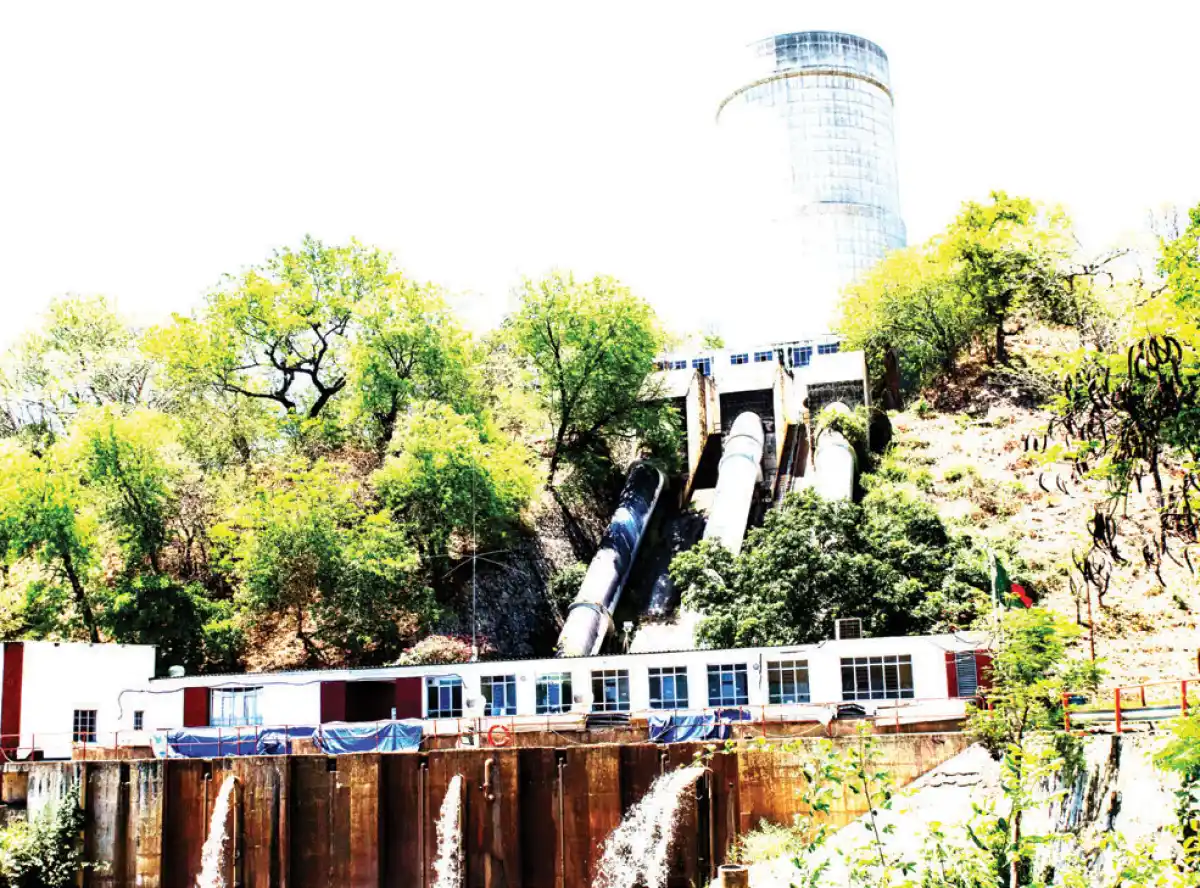
Electricity consumers should brace for continued load shedding as the Electricity Generation Company (Egenco) works to fix faults at Kapichira and Tedzani power stations.
Recent blackouts have left power users without electricity for about three hours daily, with the situation worsening over the weekend as outages stretched for even longer periods.
System and Market Operation Manager at Escom, Mike Mkaenda, said the country is facing a daily power deficit of approximately 40 megawatts due to issues at Kapichira and Tedzani, which has led to the extended load shedding.
“That is why we have been implementing a three-hour load shedding programme in the evenings.
“However, this issue is expected to be resolved soon as Egenco addresses the faults at both power stations. They have assured us the situation will improve shortly,” he added, though he did not specify a timeline for resolution.
In addition to the issues at Kapichira and Tedzani, Escom also had to implement emergency load shedding recently due to trash accumulation at Nkula Power Station.
A statement from the power supplier confirmed that one machine at Nkula A was shut down, rendering 111.7 megawatts of power unavailable.

This, coupled with the 95.8 megawatts already lost from Tedzani and Kapichira, resulted in a total of 207.5 megawatts of unavailable power.
The blackouts are raising concerns in various sectors, particularly for dairy farmers.
Chairperson of the Milk Producers Association, Herbert Chagona, expressed concern about the impact on the dairy industry, which relies heavily on a stable cold chain.
“Any interruption of electricity affects milk in bulking groups,” Chagona said.
Malawi’s installed generation capacity remains at around 554 megawatts.
However, the country has been grappling with persistent power shortages due to inadequate investment in the energy sector, among other challenges.
Despite promises to increase power generation, many of these initiatives have not come to fruition, leaving most citizens and businesses without reliable electricity.






0 Comments